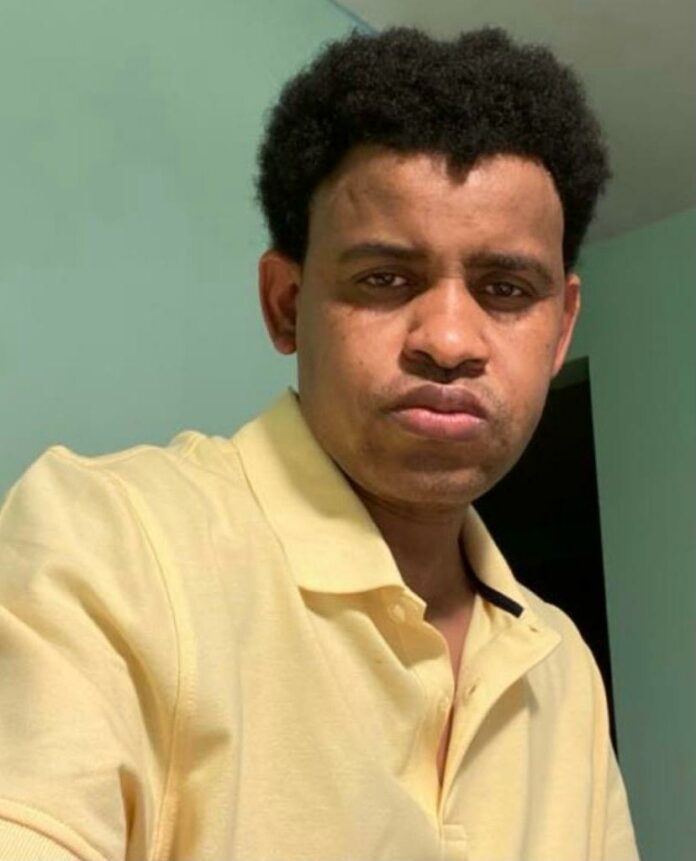OPINION
By Cherno Baba Jallow
President Adama Barrow’s willingness to grate on the nerves of the public (emphasis: including his own supporters), has a certain oddity to it. Odd, because some of his actions are counterintuitive and are an invitation to cyclical indignation. The latter is noteworthy. Imagine constituents flinching back into disgust each time they think about what their leader has done.
Like: letting miscreants back into the mainstream of society. Barrow’s list of recently pardoned prisoners included several steeped in villainy: murder, rape, pedophilia, and the less heinous, corruption. Some of them had barely served time in prison. One of the reprieved was a murderer. He had killed a young woman. He was sentenced in 2019. Five years later, he received a presidential pardon on ‘’health grounds .’’
Barrow’s move was a shocker of epic proportions.
His indifference, suspected from the onset of his presidential journey, continues unabated, confounding even his most ardent supporters. Just last week, reports emerged that his government had contracted some private media companies, including the Fatou Network, to run some informercials. The objective: spread the word on what the Barrow presidency is doing for the country. But the price tag is gut-wrenching: D40 million.
At a time of crushing national poverty, acute joblessness, a steep decline in public services and amenities, Barrow decided to go on a spending binge in the pursuit of vainglory. D40 million is a staggering sum of money, taken from the taxpayers and dished out on priorities immaterial to the essentials of quotidian life.
Granted, all governments want their undertakings heard and seen by large swathes of the population. So media outreach is necessary. But it is hard to see the justification for such wasteful spending. Citizens, certainly in a micro state like The Gambia, want their government to talk directly to them. But Barrow tries hard to hoard himself from the public. He rarely engages his constituents, relying on press releases to do the community outreach for him instead.
Perhaps an intuitive anticipation of a public backlash or of the likelihood of a dent in his standing in society, could have steered Barrow away from this monumentally unpopular, cash-mauling media promotion. Or, on his own accord, and in a fine display of thoughtful leadership, Barrow could have simply whittled it down to this: ‘’The Gambia has so many problems to take care of; so spending D40 million on something like this is out of the question. I won’t do it!.’’ He did.
The portrait, initially nondescript, has finally shimmered into view. And the description is apt to the hilt: Barrow is not on the side of the people. He is incapable of empathy, not the one carved out of familiarity and proximity, but the one seen on the national stage, manifested in leaders presiding over populations saddled with the constraints of life. Coming out of 20something years of tyranny —- killings, disappearances, rapes, tortures, arrests and broken families —— Gambians also needed a leader who felt their pain and lifted their hopes.
But time after time, from his refusal to heed the public outcry over the $20 airport security fee, to failing to take action over the arbitrary increases in prices, from refusing to demand accountability over the children deaths in the syrup incident, to his grossly belated meeting with the victims of former president Yahya Jammeh’s human rights atrocities, Barrow has been the bystander president, impervious to the agonies of his constituents.
The Gambia has had three presidents in its history. Of the three of them —— Dawda Jawara, Jammeh and Barrow ——it is not hard to identify the one with the least zeal to defend the nation’s interests and to prioritize the needs of the people en masse. Barrow gives the aura of a man beholden to, or captivated by, special interests: lobbyists, private businesses, foreign companies and traffickers of nepotism.
All things equal, and in a serious democracy, some of Barrow’s actions, vis-a-vis pardoning violent criminals and giving away millions of taxpayers’ money to private media, would have prompted parliamentary inquires. But this Gambia National Assembly hasn’t lived up to its billing. So it falls on the voters to hold Barrow to account. The unspeakability of some of his actions have the potential to alienate vital segments of the electorate.
Two years from now, we will get a true picture of how much the nation has soured on Barrow.




